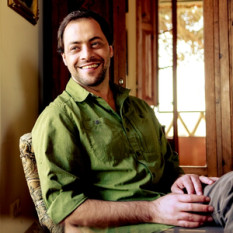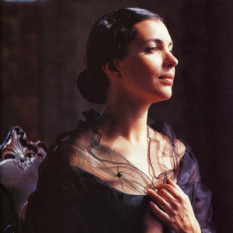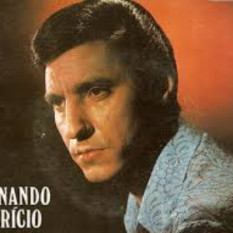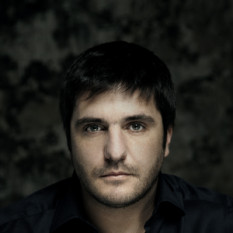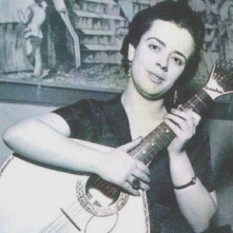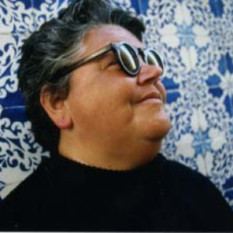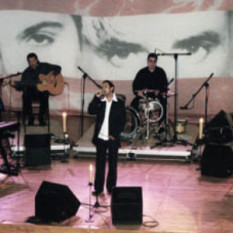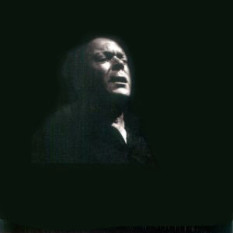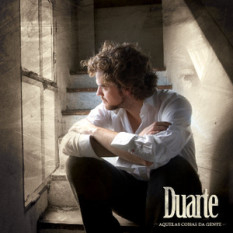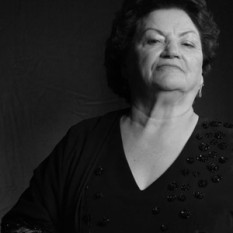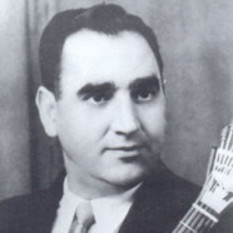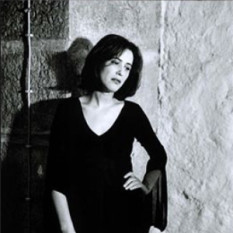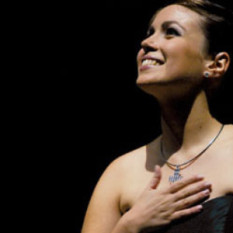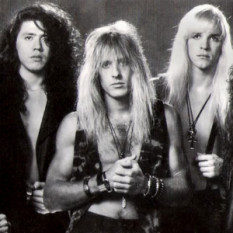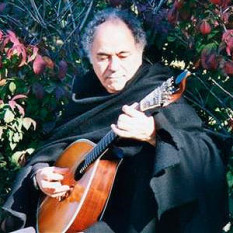Fado (translated as destiny or fate) is a music genre which can be traced from the 1820s in Portugal, but probably with much earlier origins. In popular belief, Fado is a form of music characterized by mournful tunes and lyrics, often about the sea or the life of the poor. However, in reality Fado is simply a form of song which can be about anything, but must follow a certain structure.
The music is usually linked to the Portuguese word saudade (that has no match in English but it could be understood as nostalgia felt while missing someone), a word describing a sentiment. Another similar English translation can be to pine for something or someone.
Some enthusiasts claim that Fado's origins are a mixture of African slave rhythms with the traditional music of Portuguese sailors and Arabic influence.
There are two main varieties of Fado, namely those of the cities of Lisbon and Coimbra. The Lisbon style is the most popular, while Coimbra's is the more refined style. Modern fado is popular in Portugal, and has produced many renowned musicians. According to tradition, to applaud fado in Lisbon you clap your hands, in Coimbra you cough as if clearing your throat.
Mainstream fado performances during the 20th century included only a singer, a Portuguese guitar player and a classical guitar player but more recent settings range from singer and string quartet to full orchestra.
Cape-Verdean morna is a close relative of fado. .



